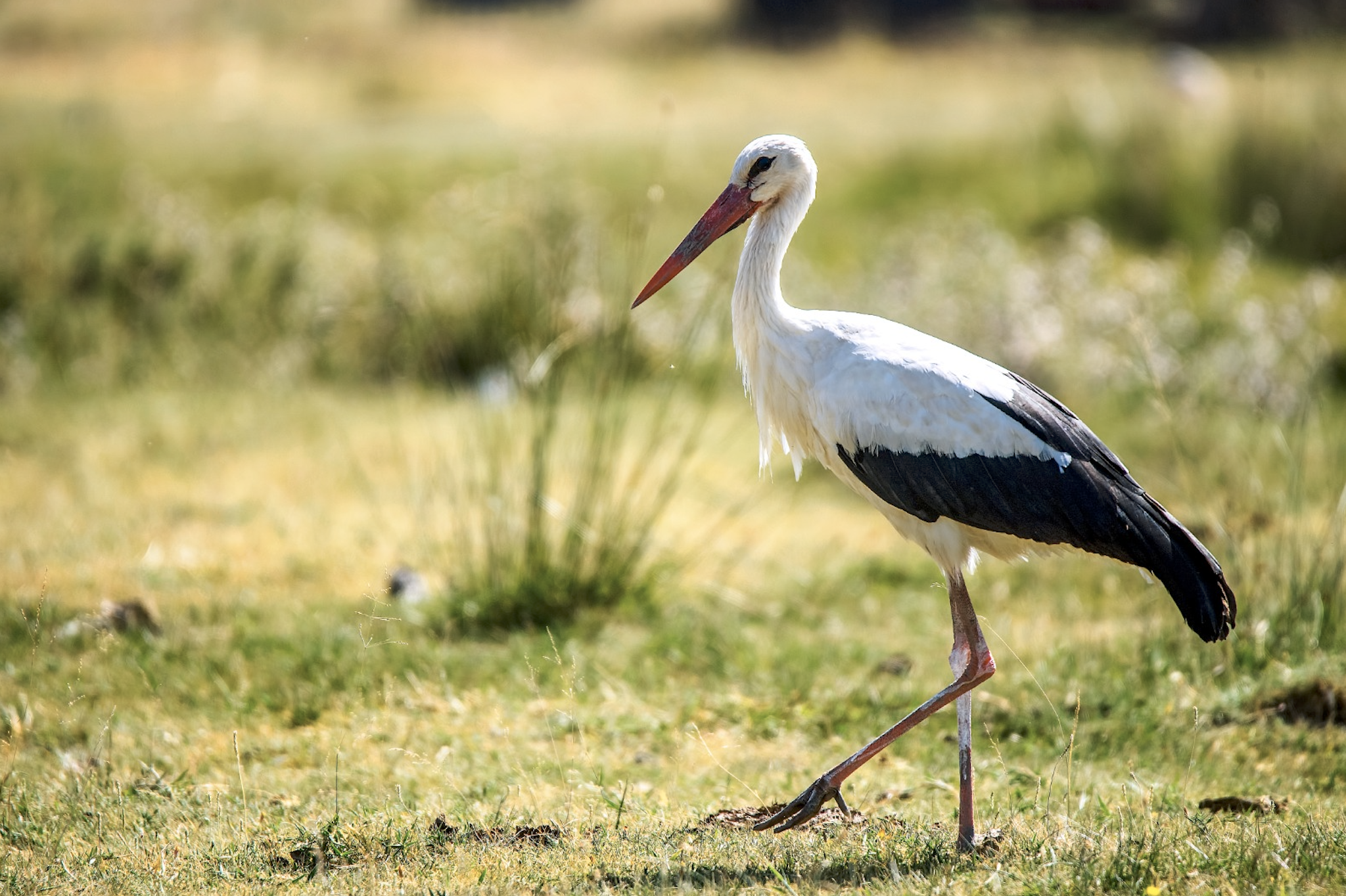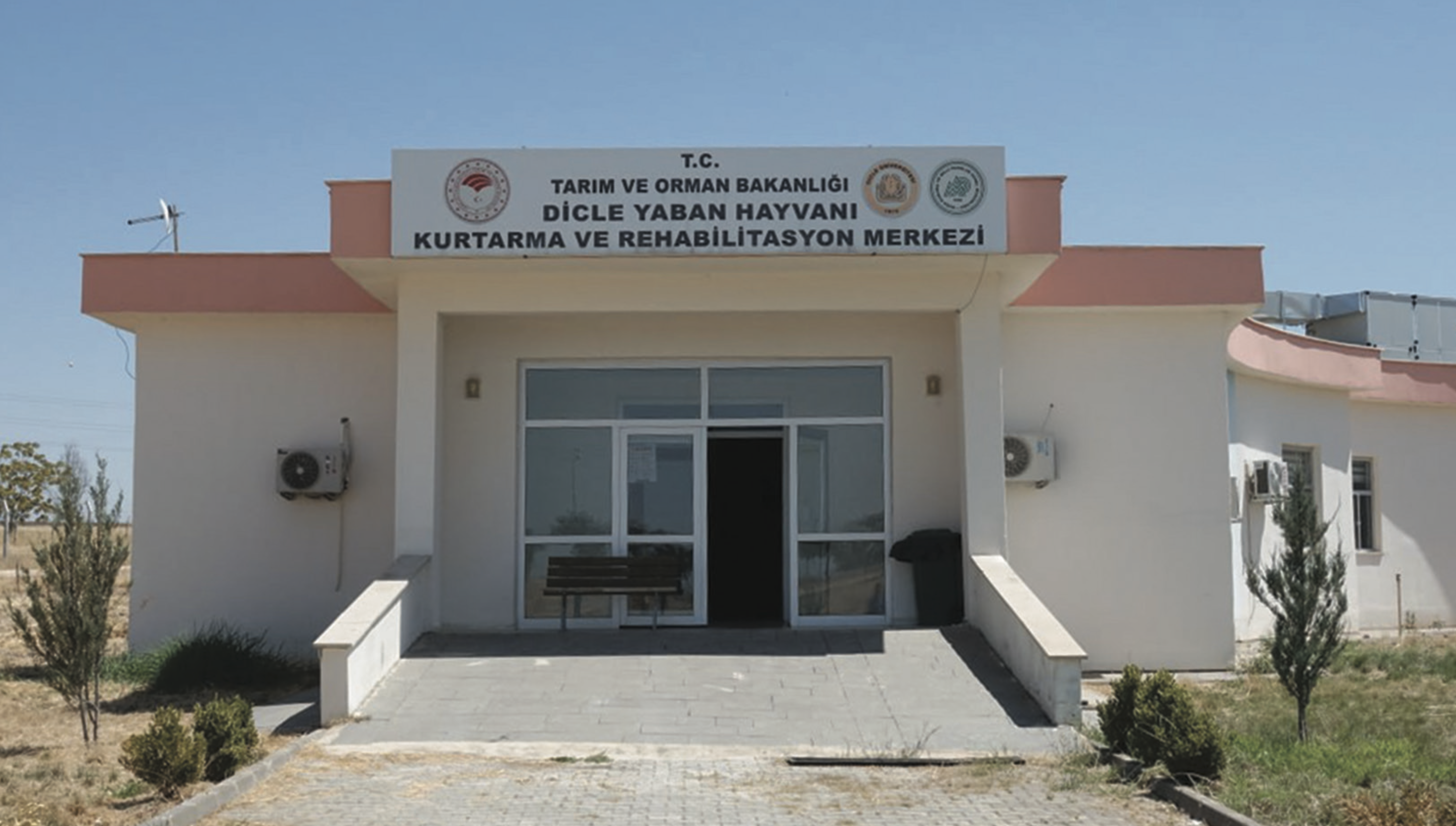Every year, the remarkable journey of storks from Africa to Diyarbakir in Turkey captivates onlookers. These majestic birds, symbols of fertility and new beginnings, migrate thousands of miles to the Tigris Valley, seeking respite from the African heat. However, these awe-inspiring animals are under threat as a result of an increasingly harsh environment brought on by drought and extreme heat.
The Faculty of Veterinary Medicine at Dicle University in Diyarbakir has sounded the alarm, with Associate Professor Alaettin Kaya revealing the perilous situation these avian travelers face. "The water available to the birds has decreased due to the use of water resources for agricultural irrigation. Thirst and heat have adversely affected them," Dr. Kaya explained.

Environmental challenges
The consequences of these environmental changes are profound, impacting not only the adult storks but also the vulnerable chicks.
Diyarbakir, a pivotal stop on the storks' migratory path, has witnessed the dramatic effects of climate change on these magnificent creatures. The storks, which usually spend the winter months in Africa before making their way to the Tigris Valley in spring, have encountered a new reality this year. The region's extreme heat – with temperatures exceeding 40°C – coupled with dwindling water resources, has intensified the challenges faced by these migratory birds.
Dr. Kaya, who is leading the charge to protect these birds, emphasizes that the lack of water resources and scorching temperatures have created an arduous environment for the storks. He further highlights that this distressing situation is particularly detrimental to the growth and well-being of stork chicks. This year alone, nine out of every 20 storks have required treatment and rehabilitation before being released back into their natural habitats. The dwindling water resources and decreased rainfall not only hinder their ability to find sustenance but also impede their preparations for migration.
Stork chicks, who rely on abundant food sources to build strength for their upcoming journey, now face hardships that previously did not exist. The stressors of drought and heat compromise their health, rendering them weak and susceptible to illness.

The building of Dicle Wildlife Rescue and Rehabilitation Center in Diyarbakir
Ongoing efforts to help
The Dicle Wildlife Rescue and Rehabilitation Center plays a pivotal role in nursing sick storks and other wildlife back to health. This center has become a sanctuary for various wild bird species that require medical attention.
Unfortunately, the storks' struggles are exacerbated by human activities. The use of water reservoirs for agricultural irrigation has unintentionally reduced the availability of water resources critical to their survival. As the storks rest in the Tigris Valley during their migration, the increasing scarcity of water there also jeopardizes their well-being.
The situation is dire, and the call for action echoes loudly. The conservationists and experts at the Dicle Wildlife Rescue and Rehabilitation Center are working tirelessly to provide essential care, including vital vitamin support, injury treatment, and rehabilitation. Their mission is clear: nurse these magnificent birds back to health and release them into a world that should ideally be more conducive to their survival.
Dr. Kaya has a plea for the local community and beyond: “we ask our citizens to be a little more sensitive in this aspect. A collective effort is needed to mitigate the impact of climate change on these incredible creatures. The survival of the storks is intertwined with the health of our ecosystems, and it is within our power to make a difference.”
These storks have come to symbolize resilience and adaptability in the face of adversity. As communities come together to raise awareness, support conservation efforts, and address climate change, there is hope that these remarkable migratory birds will continue to grace the skies of Diyarbakir and inspire future generations.
Sevda Kaplan is a Dicle University Physical Education graduate who has been a journalist since 1993. With a background in presenting and TV reporting, she notably held a six-year term as vice president of the Journalists Association. Alongside her ongoing journalism career, she has authored two novels in the Kurdish language.

